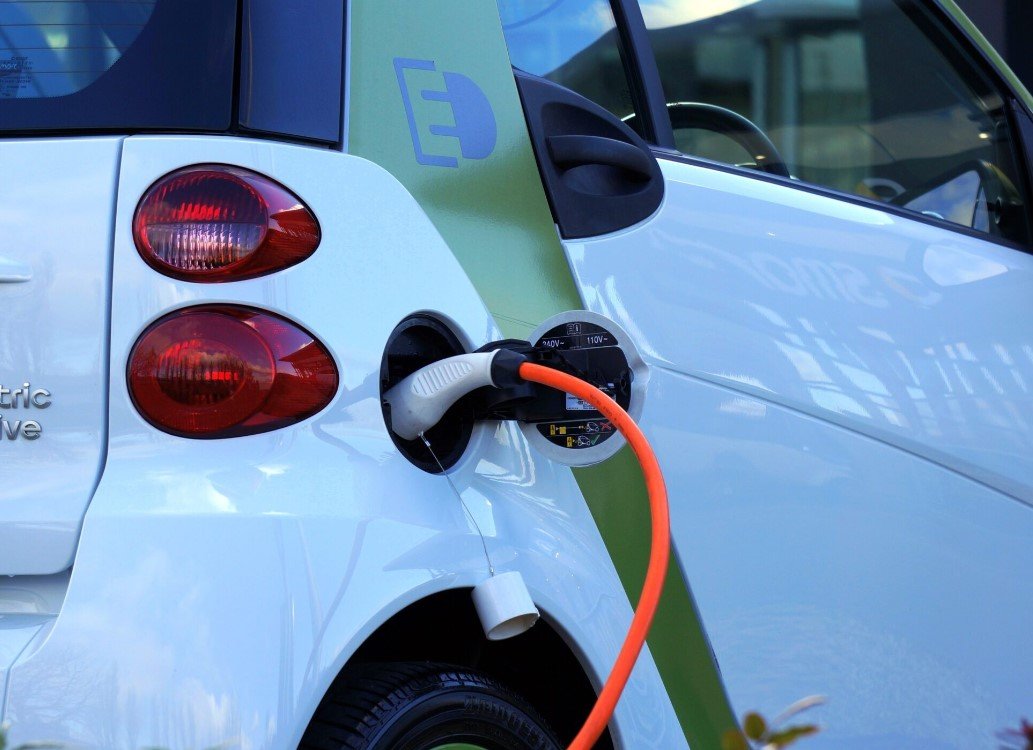British Columbia, a Canadian province known for its environmental leadership, has announced that it will soon charge electric vehicle (EV) owners a $200 annual fee, starting from July 1, 2024. The fee, which will be collected along with the insurance premium, is intended to compensate for the lost revenue from the fuel tax, which funds the maintenance and improvement of the road infrastructure. However, the fee has also sparked criticism and controversy, as some argue that it will discourage the adoption of EVs and undermine the province’s climate goals.
The Rationale Behind the Fee
According to the provincial government, the fee is necessary to ensure that all drivers pay their fair share for the use of the roads, regardless of the type of vehicle they drive. The government estimates that the fee will generate about $27 million in revenue per year, which will be invested in the transportation network. The government also claims that the fee is lower than the average fuel tax paid by a gasoline or diesel vehicle, which is about $400 per year.
The fee is part of the government’s plan to phase out the current Clean Energy Vehicle Program, which provides rebates of up to $3,000 for the purchase or lease of new EVs. The program, which has been in place since 2011, will end on March 31, 2024, as the government believes that the EV market has matured enough to sustain itself without subsidies. The government also plans to introduce a new zero-emission vehicle standard, which will require automakers to sell a certain percentage of EVs in the province, starting from 2025.

The Criticism Against the Fee
However, the fee has also faced opposition and backlash from various stakeholders, such as EV owners, advocates, and experts, who argue that the fee will have a negative impact on the EV adoption and the climate action in the province. Some of the criticisms against the fee are:
- The fee is unfair and punitive, as it targets a small and growing segment of drivers who are already paying more for their vehicles and contributing to the reduction of greenhouse gas emissions and air pollution.
- The fee is counterproductive and contradictory, as it contradicts the province’s own targets and commitments to increase the number of EVs on the road and to reduce the reliance on fossil fuels. The fee could also undermine the consumer confidence and demand for EVs, especially among the low- and middle-income households.
- The fee is premature and unnecessary, as the EVs currently represent only about 2% of the total vehicles in the province, and the lost revenue from the fuel tax is negligible. The fee could also be avoided or reduced by implementing other measures, such as a road usage charge, a carbon tax, or a congestion charge, which would be more equitable and efficient.
The Future of EVs in British Columbia
Despite the controversy, the fee is expected to be implemented as planned, unless there is a significant change in the political or public opinion. The fee will apply to all EVs, including battery electric, plug-in hybrid, and hydrogen fuel cell vehicles, but not to hybrid vehicles that do not have a plug. The fee will also be adjusted annually for inflation, and will be reviewed every five years to assess its impact and effectiveness.
The fee, however, is unlikely to stop or reverse the growth of EVs in British Columbia, which has one of the highest rates of EV adoption in Canada and the world. According to the government, there are currently over 54,000 EVs in the province, and the number is expected to reach 300,000 by 2030, and 1.5 million by 2040. The province also has a strong network of over 2,000 public charging stations, and a supportive policy and regulatory environment for the EV industry.
The fee, therefore, is a new and controversial factor that will affect the future of EVs in British Columbia, but not the only or the decisive one. The fee will also raise important questions and debates about the best ways to fund and manage the transportation system, and to balance the economic, social, and environmental objectives of the province.
